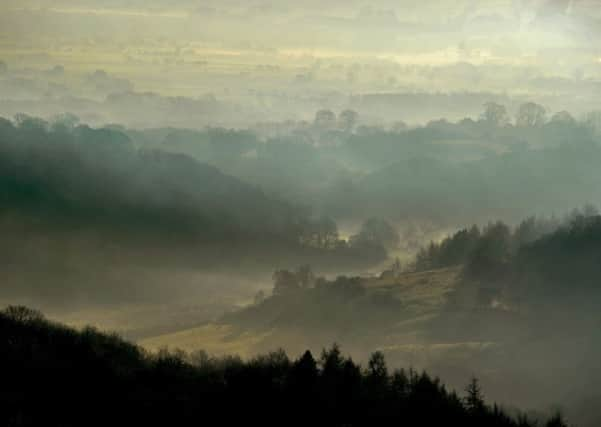David Behrens: That rural retirement cottage is a distant dream for most of us


There, and in the Dales to the west, considerable and commendable effort is being put into maintaining, as living communities and not retirement enclaves, the patchwork of higgledy-piggledy villages that define the area.
But – and this is where the incontrovertible mathematical rule that two negatives make a positive comes into play – there is now every indication that retirement, to the countryside or anywhere else, is going to turn out to be a passing fad.
Advertisement
Hide AdAdvertisement
Hide AdA significant number of workers under 45, we learned this week, do not believe they will ever be in a position to leave their jobs. If they do manage it, they expect to be in their 70s and to have to continue working part-time.


The extent to which our expectations for our later lives have changed in the last 20 years cannot be overstated. Just 19 of the country’s top 100 private companies still subsidise final-salary pension schemes, and some of those have only a 50-50 chance of paying members their benefits in full.
Our evaluation of what constitutes a realistic retirement income is also having to be downgraded. This week’s survey also found that while workers continue to hope for a pension pot that will give them around two-thirds of their working salary, they expect realistically to receive only half. Those who have not saved diligently throughout their working lives will get less still.
Suddenly, that cottage in the Hambleton Hills seems further away, doesn’t it?
Advertisement
Hide AdAdvertisement
Hide AdIronically, Hambleton’s own council seems to be exempt from the national trend. This week, a £90,000-a-year town hall manager in his 50s was revealed to have been handed nearly £360,000 as a “golden goodbye”. Another official had received a similar pay-off the year before.


If someone had told me at that age that they would inject the thick end of half a million quid into my pension pot if I agreed to push off, I’d have left skid marks on the lino.
This sort of thing is hardly unique to Yorkshire. I know several career civil servants who retired in their early 50s, subsidising their index-linked pensions by taking on “consultancy” work for their former colleagues. It’s nice work if you can get it, though their definition of work may differ from mine.
The disparity with private pensions will take some years to iron out. If it doesn’t, the countryside will become a retirement community just for the public sector.
Advertisement
Hide AdAdvertisement
Hide AdSome years ago, I consulted a pensions adviser. He assessed the amounts in the various schemes to which I had contributed, and moved the money around. Where it went I cannot say. I don’t recall his name but given the benefit it brought me, I think it might have been Maxwell.
My model retiree today is John Prescott, a man for whom I have little time politically but who is a passionate advocate for his former constituents in Hull. I remember interviewing him during the 1997 election campaign, on a steam train through the Worth Valley, and being amused that despite having come to support the Labour candidate in Keighley, the exceptional Ann Cryer, he could not pronounce the name of the place. Keet-ley, he called it.
Given that and his wider reputation for mangling even the simplest sentence, he is the last person I would have chosen to front a TV programme about Yorkshire’s thriving community of small food producers. But this week, there he was on Channel 5, doing for sausages what Michael Portillo has done for the railways, touring the county in his Jag and putting on factory hairnets that made him look like Les Dawson in drag.
The companies he visited were in farming areas – exactly the type of communities that have struggled to stop their working-age families taking flight. Local employment, and the prospect of fewer incoming retirees, would be a prescription for their preservation, if dispensed liberally.
Lord Prescott is an unlikely guardian of their values, but his presence might be an omen – if he, at 79, can’t or won’t retire, there really isn’t any chance for the rest of us.